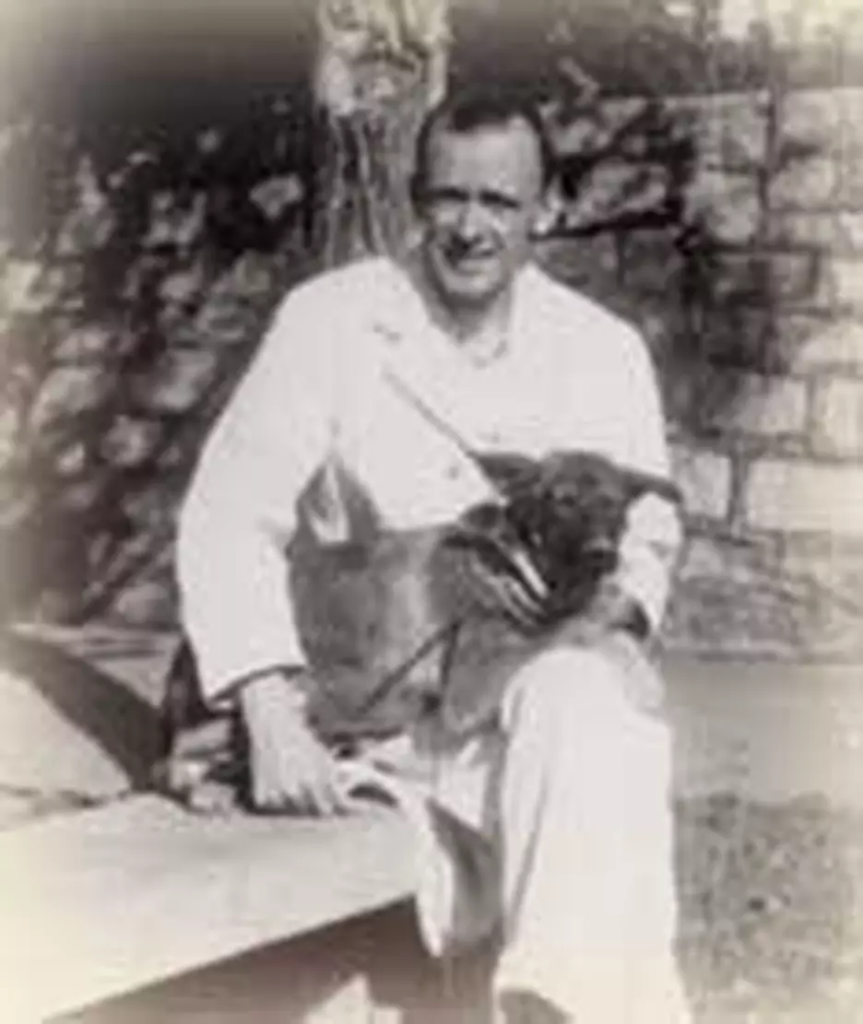
1903
Fourteen year old Sundar Singh blamed the Christian God for the death of his mother. He threw filth on his Christian teachers, mocked their Scriptures, and interrupted classes. Then he made an ultimate gesture of scorn. He built a fire and page by page tore up a Bible and burned it. “Although I believed that I had done a very good deed by burning the Bible, I felt unhappy,” he said.

Within three days Sundar Singh could bear his misery no longer. Late at night, on this day December 19, 1903,* he rose and prayed that God reveal himself if he really existed. Otherwise he would throw himself in front of the train which passed by his house. For seven hours Sundar Singh prayed. “O God, if there is a God, reveal thyself to me tonight.” The next train was due at five o’clock in the morning. The hours passed.
Suddenly the room filled with a glow. A man appeared before him. Sundar heard a voice say, “How long will you deny me? I died for you; I have given my life for you.” He saw the man’s hands, pierced by nails.
In that moment he recognized Christ. The boy who had burned the Bible became a man who would endure terrible sufferings for Jesus. He made twenty trips into Tibet, where he met severe persecution.
But first, Sundar had to face his own people. The Sikhs had endured serious opposition in their early history. As a consequence they were fiercely loyal to their faith. Conversion to Christianity was considered treachery. Every effort was made to woo or coerce Sundar Singh back to his ancestral faith.
His father pleaded. An uncle opened a cellar full of treasures. A prince appealed to the boy’s patriotism. His own brother spread lies about him. His former gang hurled muck at him. The mission was attacked. Christians were denied service. A boy who followed Sundar Singh was poisoned to death.
Finally Sundar realized he must break with his people. He cut off the hair he had worn long like every Sikh. Then he was told, “We reject you forever… We shall forget you as if you had never been born. You will leave this house with nothing but the clothes you wear on your back. …” When painful cramps wrenched his gut, he realized that his family had poisoned his last meal. He staggered to a mission hospital.
After his recovery, he donned the yellow robe of India’s holy men. Unlike many gurus, he kept himself clean and did not torture his body. Dressed in his thin yellow robe, Sundar took to the road, preaching the gospel of Christ. Over the years, many were won to faith through him. Even his own father was converted. But in 1929, a sickly Sundar set out for Tibet. He never returned. Nothing was heard from him again.
*The most trustworthy biography gives this date. Others place this conversion as early as December 6th and as late as 1904.
1950
“When I was trying to decide what I would do with my life, I became convinced God wanted me to be a medical missionary. That decision took me to China.” Bill Wallace made that decision in 1925 when he was seventeen years old. When he sailed as a Southern Baptist Missionary, he was a direct answer to prayer; Christians in Wuchouw had been praying earnestly for a missionary doctor.

He spent his life fulfilling his youthful decision and in the end died for it. His commitment was so sincere that he turned down a high-paying job in the United State. Bill’s total commitment kept him in China through various uprisings, the Japanese invasion and World War II. He performed surgery with bombs bursting around him. At one point, he moved the hospital up river on a boat to escape the Chinese. Urged to flee from China, he replied, “I will stay as long as I am able to serve.”
His commitment took him back to Wuchouw, China after the Communist takeover.
When America entered the Korean War, anti-American feeling ran strong in China. Mission boards urged their people to leave China. Bill refused. Although he was known as one of the best surgeons in China and many Communists had profited from his skill, the Communists did not spare him.
Before dawn on this morning, December 19, 1950, they raided his home. Bill Wallace, a man utterly dedicated to Christ and to healing others, went to prison.
Claiming they found a gun under his pillow, the Communists accused him of being a foreign agent. Brutal interrogation followed. Disoriented by lack of sleep and beatings, Bill signed a phony confession. The peaceable man became depressed, but posted scripture verses on his cell walls to focus his faith. He witnessed about Christ to everyone who passed his cell.
Two months after his arrest, Bill was found hanging in his cell. The Communists claimed he killed himself, but his body told a story of terrible abuse. Armed guards tried to hide their handiwork by burying him in an unmarked grave.
Faithful Chinese Christians did not allow that. Risking their own lives, they laid him to rest with a proper ceremony. Above his grave they placed this sign: “For Me to Live Is Christ.”
“He was a martyr not because he died but because he so identified with the Chinese that they considered him one of them,” said a missionary nurse who worked with him.
